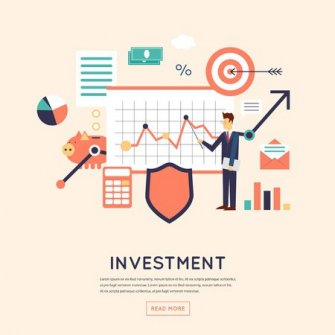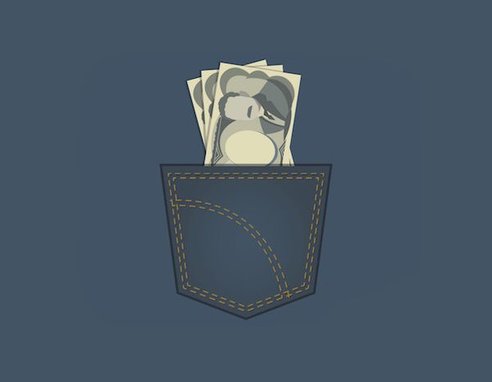About the Faculty of Economics
What is Economics?
Economics is none other than an understanding of the complicated manner at which money changes hands in the economy and how economic expansion steps up for the national economy. This falls under two categories.
・Microeconomics ・Macroeconomics
Macro means to take a broad view and micro means to take a small one. Macroeconomics is the mechanism for approaching the combination of accounts and businesses at the national level. On the other hand, microeconomics is used for understanding the accounts and businesses at the individual level. It is not a matter of determining which of the two fields is more correct, it is a matter of the difference in the object of the observation itself.
What is economics fundamentally?
In the society that we live in today, we exchange money for goods. The place where the money is exchanged for goods is known in economics as the market.
Also, in our current society, there is plenty of goods that are traded in the market and there is not a single individual that remains unaffected.
This is what is called in the Economics Department as the market society. Keep in mind that market society functions effectively on a daily basis as well as being intertwined with various problems.
Japan is home to one hundred twenty million people who use their money to obtain food. Not eating will result in hunger which leads to the purchase of food. In other words, money is used in the market society to satisfy people’s fundamental desires.
The study of economics begins with simple questions. In other words, it is a matter of understanding the regular function of the market society to the point of explaining it.
The Fusion of Economics and Psychology (Behavioral Economics)
To look at one small example, the market that applies the price of a business, that is to say, the stock is called the stock market.
It was thought until around ten years ago amongst economists that the stock market had the ability to adequately appraise the value of companies.
As of late, however, the number of economists that have expressed doubt in this has increased. In that, it came to be thought that the value of stocks was at the whims of the participants in the market. From this, it was found that in order to understand the stock market understanding of behavior must be pursued which is why psychology has been employed for use in behavioral economics. To this end, using psychology as a stepping stone about what is that investors in the stock market, governments, and central banks ought to do is entering the discussion.
A person’s behavior concerning money isn’t necessarily the most rational for behavioral economics which is economics that observes human behavior as its premise. For economists, rational economics as a premise differs from traditional economics and makes use of concrete examples in the form of cases of the essence of humans who cannot act rationally.
What would you do?
A- You have realized that you have lost advance tickets to a performance that cost ten thousand yen. Do buy another day of ticket that will cost another ten thousand yen?
B- On the day of the performance you realize that you have lost ten thousand yen from your wallet at the moment you were intending buy the ten thousand yen tickets. Do you still buy the ten thousand yen tickets?
The perspective of behavioral economics
So you have likely picked answer A or B at this point?
Considering monetary expenditure both answers result in twenty thousand yen being spent.
However, we are bound by the accounting of our feelings and the lost ten thousand yen tickets or the lost ten thousand yen will be in the center of thoughts making us in what would seem to be completely incapable of rational thought. In the same way, it is true that it is difficult to escape from the many potentials for failure in M&A and facilities investments, trends, and the bias of industry mood.

 Download
Download
 Infosession
Infosession
 Application
Application
 Open Campus
Open Campus



